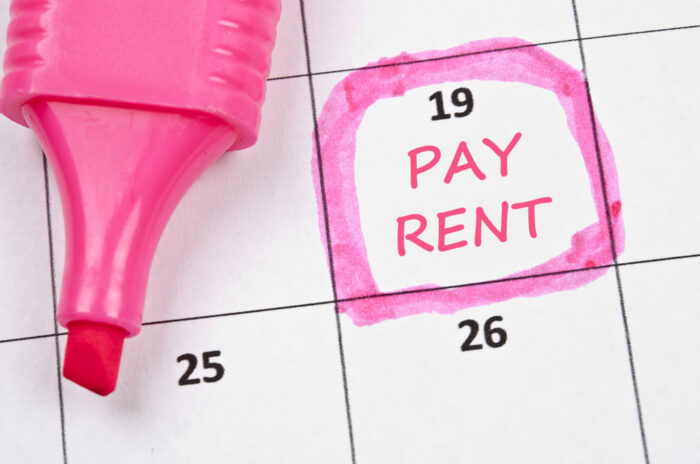The number of young people falling into debt while renting has shot up in the last two years, research from an insolvency provider finds.
Renters aged under 45 or under make up nearly three quarters (73%) of all those seeking help for unmanageable levels of debt from Creditfix – a rise from 67% in 2021.
The average level of debt for renters rose from £14,549 in 2021 to £17,347 this year for people who hold an insolvency voluntary agreement (IVA) with the debt relief company.
Creditfix put this down to the huge price hike from landlords which is highlighted in September’s figures from HomeLet. The estate agent found the average rent price in the UK stands at £1,061. This jumps up to £1,276 when London properties are included.
The current trend doesn’t paint a promising picture either. From July to September, there was a 10% hike in private rental prices compared to the same period in 2022 and those living in London saw this rise by a further 12.1%, according to data from Rightmove.
Struggling renters need guidance
Stephanie Chapman, chief operating officer at Creditfix, said: “The rental market, especially in larger towns and cities, is driving up prices and pushing younger people into debt. The demand for rental properties is high, leading to increased competition and rising rental prices.
“Many people are struggling to afford rent or find appropriate housing in today’s market which can quickly put strain on budgets. In such cases, seeking debt help becomes essential for overcoming financial burdens.
“There are formal and informal solutions available to renters to help them manage what they owe. Debt advisors will be able to offer guidance on the best solution for your circumstances, helping you set up a repayment plan that takes your living situation into consideration.”
The debt relief company has provided five tips for people struggling with debt while they’re renting. Here they are:
Five tips to help with debt when renting
Dealing with rent arrears
If you’ve fallen behind on rent, it’s important to act quickly. Contact your landlord and try to come to an agreement to resolve the problem. Check your tenancy agreement to determine who is responsible for the arrears.
Joint tenants are both responsible, while individual tenants are solely responsible. If taking over someone else’s tenancy, you may not be responsible for their arrears.
Paying back rent arrears
Before making an agreement, assess your financial situation and create a budget. Make sure to only agree to pay back what you can afford. Consider seeking extra support through housing benefits if eligible.
Universal Credit eligibility
You may be able to arrange alternative payment arrangements with Universal Credit to help pay your rent arrears. Alternatively, deductions from Universal Credit can be made towards arrears while you focus on current rent payments.
Council housing and rent arrears
Clear arrears from previous properties before applying for council housing. Rent arrears from another property are often treated as non-priority, but court action can be taken against you.
Consequences of eviction
If rent arrears accumulate, your landlord may seek possession and evict you. They must follow a legal process and obtain a court order before evicting you. A warrant of possession is necessary for bailiffs to enforce eviction.

